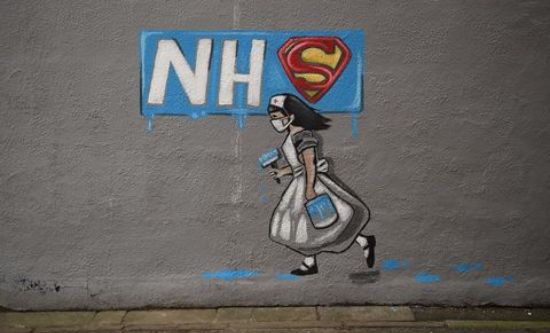
There are almost five million people whose treatment has been delayed, shelved, postponed or cancelled in the pandemic – the highest number since records began in 2007. It is estimated that clearing the backlog at the rate happening currently will take between three and five years. The government response includes £1bn in extra funding this year to cut waiting times (NHS trusts predict that it will be spent by September), a promise of an Accelerator Sites initiative aimed at sorting out the waiting lists created by the Covid-19 pandemic, and now a promise of £160m. NHS England has designated 12 parts of the country ‘elective accelerators’ and they will get £20m each if they can carry out 20% more planned activity by July 2021 than they did at the same point in 2019-20.
A British Medical Association estimate is that £4bn is needed simply to clear the backlog in England of people needing elective care. This doesn’t take into account the 20 million fewer people not seen for their outpatient appointments in 2020. The government promise of £160m is insultingly inadequate and it is not clear how the local healthcare providers will apply, meaning that there is likely to be an additional postcode lottery to the care depending on staffing, facilities and application ability. NHS England is not acknowledging that the recent BMA Covid tracker survey found that thousands of doctors and nurses are planning to leave the profession or retire early, adding to the 100,000 vacancies in the NHS before the pandemic.
The current workforce is far too small to clear the waiting lists. But the spin is that tens of thousands of people will get access to tests and surgery and that hospitals will buy mobile CT and MRI scanning trucks and have extra operating time in the evenings and at weekends. This is just not going to happen. While miserable sums are doled out to the NHS, £37bn is being splashed on the ineffective NHS Test and Trace service, which now has a workforce of 50,000 mostly employed by outsourced firms and paid through networks of companies some of which have been found to be defrauding the Treasury.
Hospital-acquired infection
While NHS England has published data on hospital-acquired Covid-19 infections since August 2020, Freedom of Information requests by The Guardian has revealed data going back to March 2020 from 81 of England’s 126 acute hospital trusts (despite a legal obligation, 45 trusts refused to disclose their figures). 32,307 people probably (testing positive within 14 days of admission) or definitely (testing positive 15 days after admission) became infected with coronavirus while in hospital in England between March 2020 and May 2021. 8,700 of these people died. This is equivalent to saying that almost three in ten people infected in hospital died within 28 days, in hospital or at home, of Covid-19, with Covid-19 or of something else exacerbated by Covid-19. Lethal transmission occurred because of the inability to keep Covid-infected people separate or because of cross-infection from the estimated 77,000 NHS staff who contracted Covid-19.
Hannah Caller




